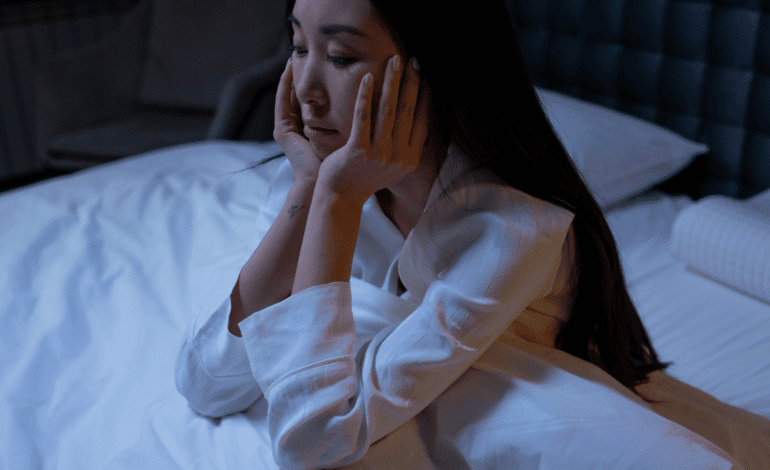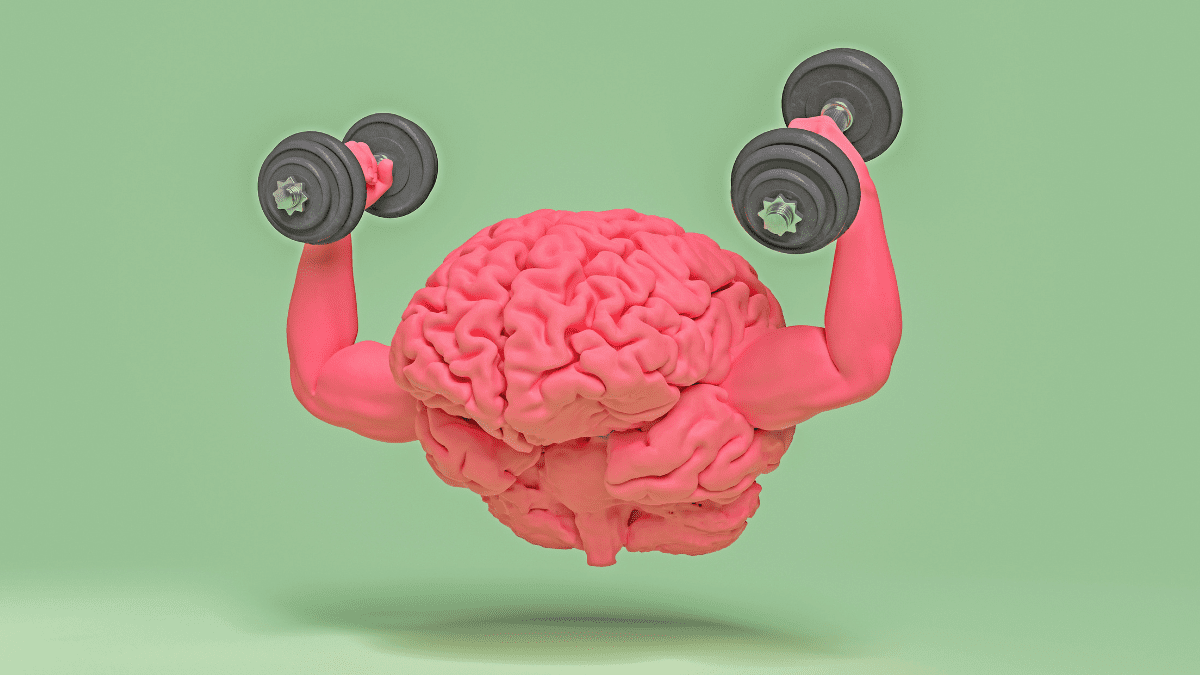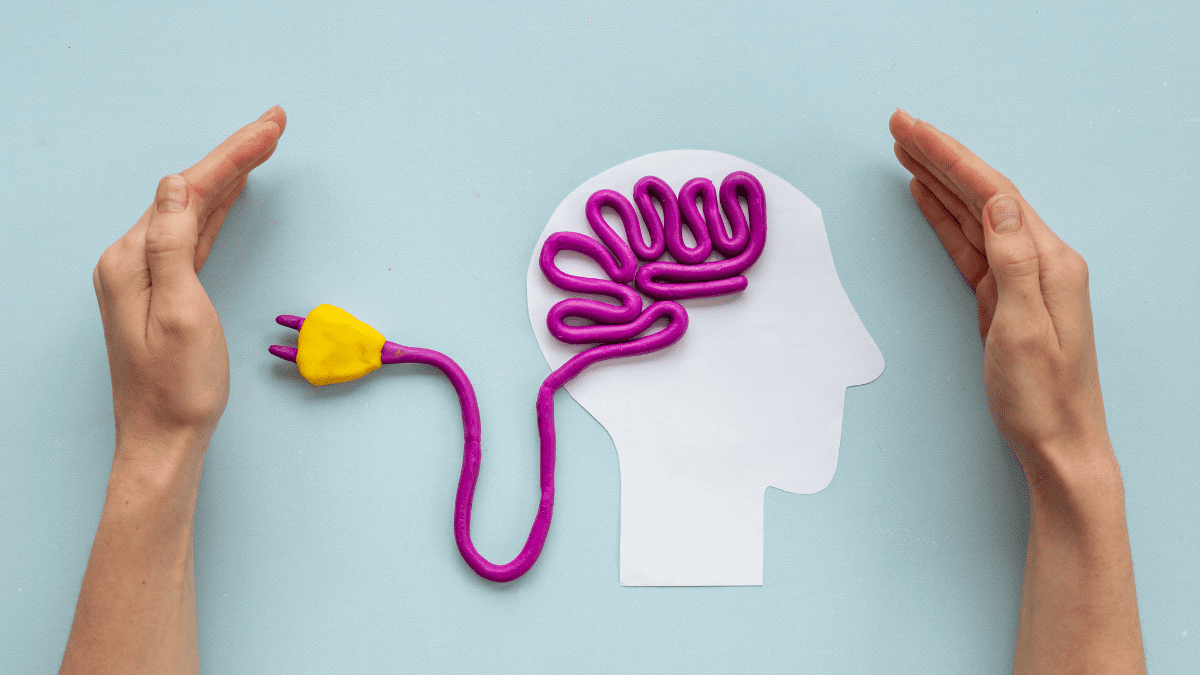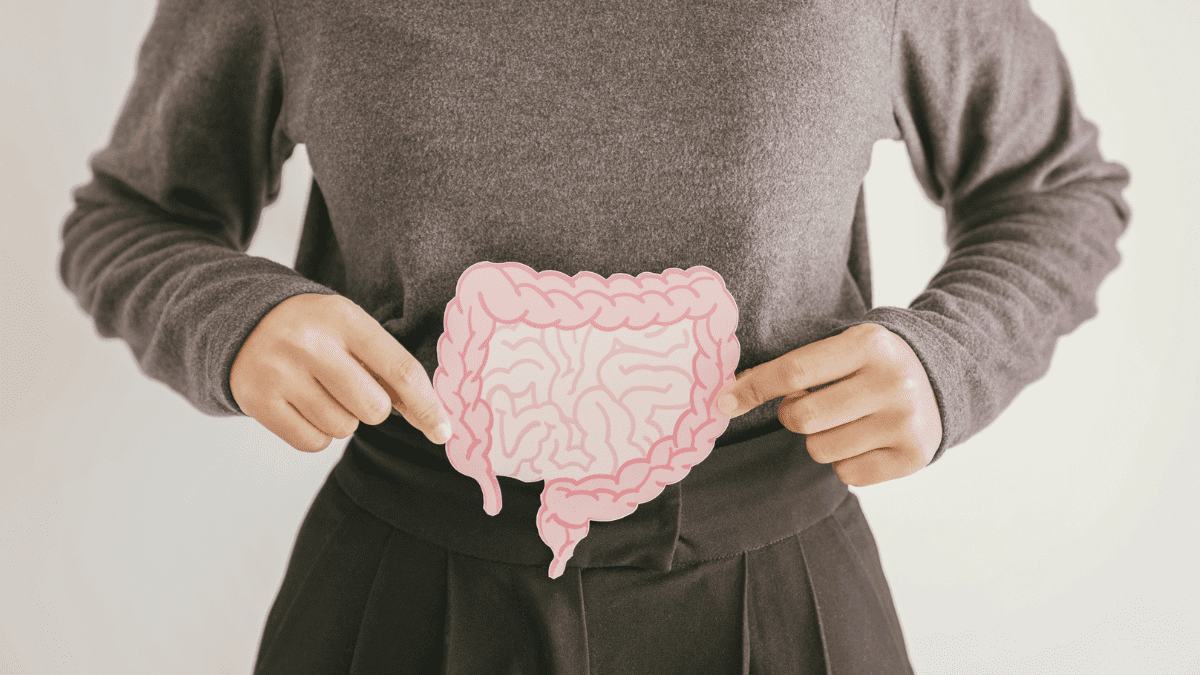Sleep Deprivation Nausea: Can You Finally Feel Better?
Sleep deprivation nausea feels like your body is screaming for help. Learn the hidden cause, the gut truth, and one healing step to finally feel whole again.

In This Article
- Sleep Deprivation Nausea: Why Does It Make You Feel So Broken?
- What Is Sleep Deprivation Nausea Really Telling You?
- The Science Behind Sleep Deprivation Nausea
- Sleep Deprivation Nausea in Daily Life: Are You Suffering Alone?
- How to Soothe Sleep Deprivation Nausea Naturally
- When Does Sleep Deprivation Nausea Indicate a More Serious Problem?
- Final Thoughts: Your Body Wants to Heal — Let It
- Sleep Deprivation Nausea — FAQ
Sleep Deprivation Nausea: Why Does It Make You Feel So Broken?
You’re exhausted, dizzy, and nauseous. Yet no one seems to take it seriously.
Sleep deprivation nausea isn’t just annoying—it’s your body crying out for help. And if you’ve ever woken up feeling sick before the day even starts, you’re not alone.
This invisible struggle affects your energy, your mood, and your ability to function. But the good news is, it’s not permanent. There are ways to feel better—faster than you think.
In this article, you’ll first uncover what truly causes sleep deprivation nausea. Then, you’ll explore how your gut and brain are deeply connected in ways you may not expect. Finally, you’ll discover actionable steps to begin healing—using both science-backed solutions and holistic approaches you can start applying as early as tonight.
Also, if you’ve ever wondered whether meditation can ease this exhaustion, don’t miss this guide on how meditation might replace sleep. It could be the reset your mind and body need.
Let’s explore what your nausea is really trying to tell you—and how you can start feeling whole again.
What Is Sleep Deprivation Nausea Really Telling You?
Feeling nauseous after a sleepless night is more than just discomfort. It’s your body’s way of sounding the alarm. Let’s explore what this persistent symptom may be trying to reveal.
Why Does Lack of Sleep Make You Feel Sick?
When you’re sleep-deprived, your body’s stress response kicks into overdrive. Hormones like cortisol spike, throwing off your natural balance. This disruption directly affects your digestion.
Even one night of poor sleep can irritate your stomach lining and slow down digestion. The result? That sick, uneasy feeling in your gut. Over time, this constant imbalance can start to feel normal—when it’s anything but.
Is Your Nausea a Hidden Stress Response?
Sleep loss and stress feed off each other. As your sleep quality drops, your ability to manage stress weakens. The body reacts by pushing more tension into the gut.
This is where the gut-brain connection comes in. When your brain is overwhelmed, your stomach often reacts. Nausea becomes more than a symptom. It turns into a feedback loop of mental and physical distress.
By addressing sleep first, you reduce that internal tension. You give your body a chance to reset.
Are You Ignoring Other Warning Signs?
Nausea might just be the beginning. Many people with sleep deprivation also feel dizzy, weak, or mentally foggy. Some even experience stomach cramps or a loss of appetite.
These are not minor inconveniences. They’re red flags. Your body is asking for help. Left unchecked, these signals can snowball into chronic health problems.
That’s why recognizing these early symptoms is crucial. The sooner you respond, the sooner you reclaim your energy and clarity.

The Science Behind Sleep Deprivation Nausea
Sleep deprivation doesn’t just leave you tired. It affects your entire body. One of the most misunderstood symptoms is nausea. To understand why it happens, we need to look at what’s going on behind the scenes.
How Do Hormonal Shifts Trigger Nausea?
When you don’t sleep enough, your hormones stop working properly. Cortisol, your stress hormone, shoots up. That alone can upset your stomach.
However, it doesn’t stop there. In addition to stress hormones, those that regulate hunger—like ghrelin and leptin—also become imbalanced. As a result, your body starts sending mixed signals. At times, you may feel ravenous. Other times, you may feel nauseous. Despite how it feels, this isn’t just in your head. Instead, it’s a real, physical response to sleep loss.
Can Sleep Deprivation Disrupt the Gut-Brain Connection?
Yes. Your gut and brain are in constant communication. This is called the gut-brain axis. When you’re well-rested, they work in harmony. But with poor sleep, that balance collapses.
Your gut may become more sensitive and inflamed. Digestion slows down. Nutrient absorption weakens. All this tension inside the body can rise up—showing up as nausea.
You might even feel pain or bloating without eating anything. That’s your body reacting to sleep loss, not food.
What Do Sleep Cycles Have to Do With Nausea?
Not all sleep is the same. You go through stages each night—REM and non-REM. They’re all important. But if you’re missing the deep, healing parts of sleep, your body can’t reset.
REM sleep, in particular, helps regulate your nervous system. Without it, your stress responses intensify. That inner turbulence is what fuels morning nausea for many people.
If your sleep is shallow or interrupted, you might wake up sick, even if you’ve spent hours in bed. That’s why sleep quality matters as much as quantity.
Sleep Deprivation Nausea in Daily Life: Are You Suffering Alone?
Sleep deprivation nausea doesn’t just strike in the middle of the night. It shows up in your mornings, your workday, your mood, and your relationships. You might feel like you’re the only one struggling with it, but you’re far from alone.
Let’s look at how this invisible struggle affects daily life—and how you can start turning it around.
Why Is Morning Nausea Tied to Sleep Loss?
You wake up feeling dizzy or sick. It’s hard to eat. Even moving feels like too much. This isn’t normal—even if it’s become your new routine.
When your body doesn’t rest, it doesn’t reset. Your hormones stay imbalanced. Your digestion slows down. That early-morning nausea? It’s not just stress or a skipped meal. It’s your body reacting to poor sleep.
The good news is, it’s reversible. Better sleep often means better mornings.
When nausea sets in from lack of sleep, your gut-brain axis may be overstressed. Ease the discomfort with this gentle self-care checklist:
- Sip warm ginger or peppermint tea: These herbs calm both stomach and nerves.
- Lie down and close your eyes: Even 5 minutes of rest can help.
- Try a body scan meditation: Gently guide your attention from head to toe, noticing tension and releasing it.
- Limit heavy foods: Stick with easy-to-digest, whole foods until your body feels stable again.
These mindful actions restore calm, support digestion, and give your system space to reset.
Is Sleep Deprivation Nausea Killing Your Productivity?
It’s hard to concentrate when you’re nauseous. Your mind wanders. Your stomach twists. Simple tasks take twice as long.
That constant drain makes you feel behind. Then comes the guilt. You push harder, sleep less—and the cycle deepens. This loop affects more than your output. It damages your self-worth.
Breaking that pattern starts with recognizing it. Sleep isn’t a luxury. It’s a tool for clarity and energy.
How Is Your Mood Shaped by This Invisible Strain?
You’re not just tired—you’re irritable. You snap at people you love. You cancel plans because your stomach hurts. Then you blame yourself.
Sleep deprivation nausea doesn’t just impact your body. It hits your emotions, too. Relationships suffer. Motivation fades. Even joy feels harder to access.
But it doesn’t have to stay that way. By prioritizing rest, you make space for emotional healing. A clear mind starts with a rested one.

How to Soothe Sleep Deprivation Nausea Naturally
Sleep deprivation nausea can feel overwhelming. But small, consistent changes can offer real relief. The key is to support your body while helping it reset.
Let’s explore natural, simple ways to ease the discomfort and start feeling better.
Can Food Choices Ease Sleep Deprivation Nausea?
Yes, what you eat makes a difference. Light, bland foods are easier on your stomach. Try plain rice, toast, bananas, or applesauce. These won’t overwhelm your digestive system.
Ginger is another powerful tool. You can sip ginger tea or chew a thin slice of fresh ginger. It helps settle the stomach and calms the urge to vomit.
Avoid heavy, spicy, or greasy meals. They often worsen the symptoms and make recovery harder.
Is Dehydration Making You Feel Worse?
Even mild dehydration can increase nausea. But chugging water isn’t always the answer. Take small sips of clear fluids throughout the day.
Try water, coconut water, or herbal teas. Stay away from sugary drinks or anything with caffeine. Your stomach needs calm, not stimulation.
Keeping hydrated supports digestion and soothes your nervous system. Both matter when sleep is off track.
Do Natural Remedies Really Help?
Gentle herbs can go a long way. Peppermint and chamomile teas are known to ease digestive upset. They also support relaxation, which can improve your sleep quality too.
Try sipping a warm herbal tea before bed. It’s a simple step that prepares your body for rest while calming your gut.
How Can Routines Reduce the Nausea?
Consistency helps. Go to bed and wake up at the same time every day—even on weekends. This stabilizes your internal clock and improves sleep.
Before bed, avoid screens and bright lights. Instead, try slow breathing, stretching, or meditation. These quiet your system and ease tension.
Even 10 minutes of a calming ritual can make a difference. It’s about helping your body feel safe enough to rest.
Could Scents Help You Feel Better?
Aromatherapy might help some people reduce nausea. Scents like peppermint, lemon, or lavender are calming. You can inhale them gently from a cloth or diffuse them in your space.
Just start small. Your senses are sensitive when you’re sleep-deprived. A little goes a long way.
When Does Sleep Deprivation Nausea Indicate a More Serious Problem?
Although sleep deprivation nausea is usually temporary, it can sometimes signal something more serious. In these cases, recognizing the warning signs early can protect both your health and your peace of mind.
So, let’s explore how to know when to trust your instincts—and when it’s time to take the next step.
Is Persistent Sleep Deprivation Nausea a Red Flag?
Some nausea after a sleepless night is normal. But if it doesn’t go away, even with better rest, that’s a concern.
Your body could be dealing with something bigger. Chronic nausea may point to hormonal imbalances or digestive issues that go unnoticed. If you’ve improved your sleep and still feel sick, don’t ignore it. That’s your cue to look deeper.
Are There Other Symptoms You Shouldn’t Ignore?
Yes. Nausea paired with other signs might mean it’s time to act. Watch out for:
- Ongoing stomach pain
- Sudden weight loss
- Frequent vomiting
- Dizziness or fainting
These symptoms aren’t just uncomfortable. They could be signs of deeper issues with digestion, metabolism, or circulation. Your body is speaking—listen closely.
When Should You See a Doctor About Sleep Deprivation Nausea?
If nausea lingers for more than a few days, it’s worth getting checked. Especially if it affects your appetite, your work, or your mood.
Another sign? When nothing seems to help. If ginger tea, clean eating, and consistent sleep habits aren’t making a dent, don’t wait. A professional can help uncover the real cause—and guide you toward real relief.
Early action is always better than late regrets.
Can You Heal This with Lifestyle Changes Alone?
Sometimes, yes. Restoring sleep, reducing stress, and eating mindfully can make a huge difference. But if the nausea keeps coming back, there may be more going on.
This doesn’t mean something is wrong with you. It just means your body needs more attention. Healing isn’t always simple—but it’s always possible.
Final Thoughts: Your Body Wants to Heal — Let It
Sleep deprivation nausea can feel like a spiral you can’t escape. One restless night leads to another. Soon, your body rebels. Then your mind begins to suffer.
Still, hope is not lost. You can change the pattern—starting today.
Understanding the link between sleep and nausea gives you clarity. With that awareness, you gain back control. When you choose rest, you send a powerful signal to your system.
Change doesn’t need to be dramatic. A single healthy choice can shift your energy. Drinking more water helps. Turning off screens earlier matters. Even ten minutes of calm can start the healing process.
If your symptoms don’t go away, don’t panic. That just means it’s time to look deeper. Asking for help is a sign of strength—not failure.
Your body isn’t working against you. It’s asking you to slow down. It’s begging for rhythm and care.
The goal isn’t perfection. It’s progress. Bit by bit, your body finds balance again. Your mornings grow lighter. Your stomach settles. You start to feel like yourself.
This journey begins with one decision. Tonight, choose rest. Choose peace. Choose to listen.
Relief is possible—and it’s closer than you think.
Sleep Deprivation Nausea — FAQ
What causes sleep deprivation nausea?
Sleep deprivation nausea is caused by a combination of stress, hormonal imbalance, and disrupted digestion. When you don’t get enough rest, your body produces excess cortisol. This stress hormone can interfere with your gut function, leading to feelings of nausea. Poor sleep also disrupts hunger and digestion hormones, making your stomach more sensitive.
How can I stop feeling nauseous from lack of sleep?
To ease nausea, start by prioritizing restful sleep. Create a calming bedtime routine, avoid heavy meals late at night, and stay hydrated throughout the day. Light foods like bananas, toast, or herbal teas such as ginger or peppermint can also soothe your stomach. If symptoms persist, it may be time to speak with a healthcare professional.
Is nausea a sign of serious sleep problems?
Not always—but it can be. Occasional nausea from a bad night’s sleep is common. However, if it becomes frequent or interferes with daily life, it may signal a deeper issue. Chronic nausea could indicate hormonal imbalances, digestive disorders, or unresolved stress. It’s important to take these symptoms seriously and seek help if needed.







